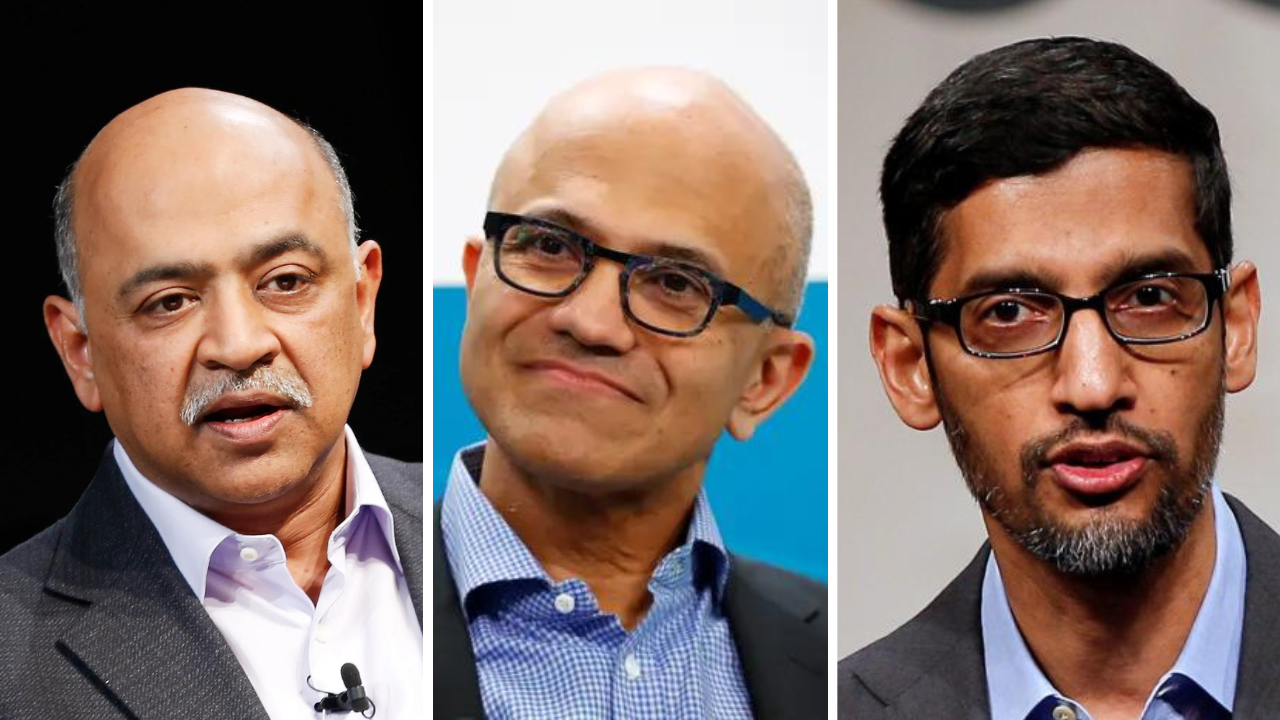IBM’s Indian-American CEO Arvind Krishna told Bloomberg News that the company expects to pause hiring for roles that could be replaced with artificial intelligence in the coming years. Consequently, hiring in back-office functions — such as human resources and accounting— will be suspended or slowed.
“These non-customer-facing roles amount to roughly 26,000 workers… I could easily see 30% of that getting replaced by AI and automation over a five-year period,” he said. A 30 per cent AI takeover would mean roughly 7,800 jobs lost.
While that projection is a pittance compared to tech layoffs in recent months, it comes on the heels of a recent Goldman Sachs report that warned up to 300 million jobs will be under threat in US and Europe in coming years “if generative AI delivers on its promised capabilities.” The rest of the world will not remain unaffected.
IBM currently employs about 260,000 workers globally — about a third of them in India — and continues to hire for software development and customer-facing roles, adding about 7000 people in the first quarter this year.
But the sense of impending doom vis-a-vis Artificial Intelligence is so great that the man regarded at the Godfather of AI, George Hinton, quit his job at Google last week so that he can speak openly about the risks of unrestrained AI development – including the spread of misinformation, upheaval in the jobs market and other, more dangerous possibilities.
While Hinton’s immediate concern is fake news — he warns that the internet will be flooded with false photos, videos and text, and the average person will “not be able to know what is true anymore,” — he told the New York Times that he is worried that AI technologies will disrupt the job market, replacing paralegals, personal assistants, translators and others who handle rote tasks.
“It takes away the drudge work. It might take away more than that,” he warned, cautioning that future versions of AI pose a threat to humanity because they often learn unexpected behavior from the vast amounts of data they analyze.
“The idea that this stuff could actually get smarter than people — a few people believed that. I thought it was 30 to 50 years or even longer away. Obviously, I no longer think that,” he told the paper.
Hinton, who is 75 and based in Toronto, was not among the technology leaders, scientists, and researchers who have written alarming letters about the risks of AI, calling for a moratorium on the development of new systems because AI poses “profound risks to society and humanity.” He said he did not want to publicly criticize Google or other companies until he had quit his job, which he did last week after a phone conversation with CEO Sundar Pichai.
On its part Google says it remains committed to “a responsible approach to AI as it continually seeks “to understand emerging risks while also innovating boldly.” In a CBS 60 Minutes interview last month Pichai said society needs to adapt to AI because of the inevitable jobs disruption that would affect “knowledge workers,” including writers, accountants, architects and, ironically, even software engineers.
“This is going to impact every product across every company,” Pichai warned.
Although considered a leader it the AI business, Google appears to have been forced into responding to Microsoft — which incidentally is also led by an Indian-American, Satya Nadella — with its bot called Bard, after Microsoft augmented its Bing search engine with a chatbot, thus challenging Google’s core business.
Pichai has also suggested treaties among nations to make AI safe for the world as well as rules that “Align with human values including morality,” bringing in social scientists, ethicists, and philosophers into the discussion.
